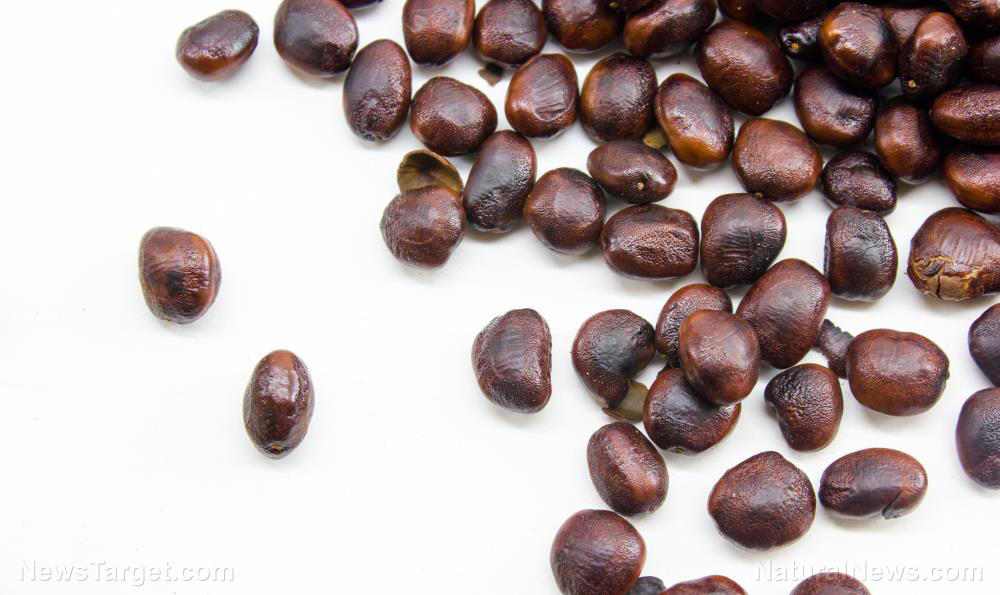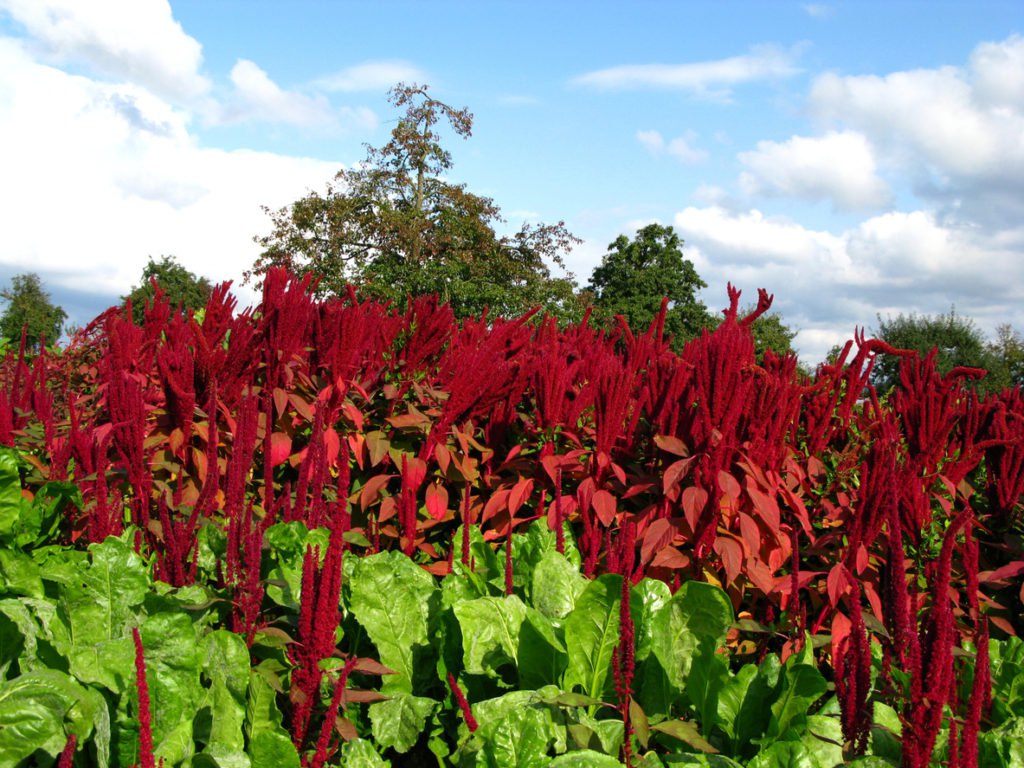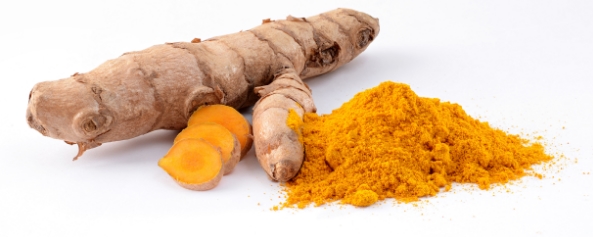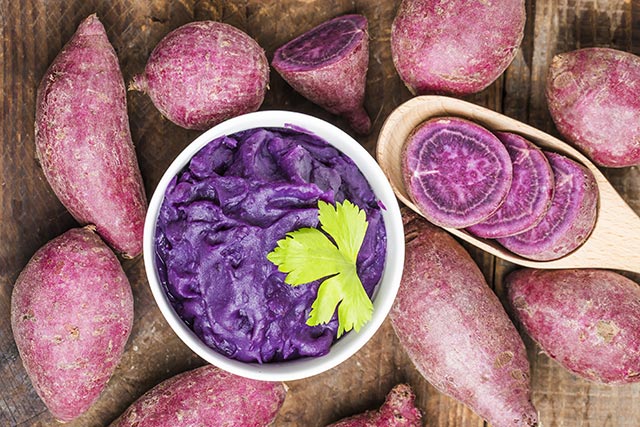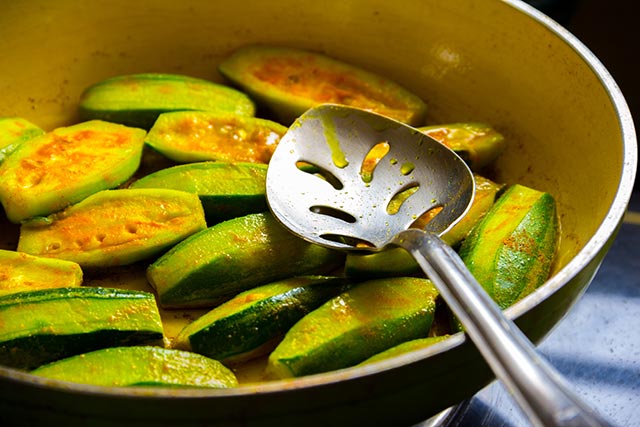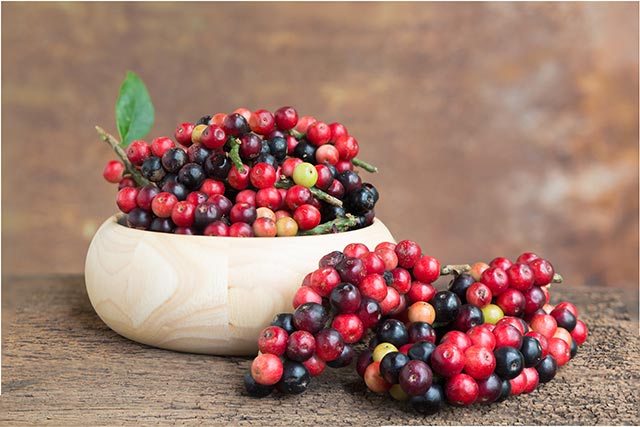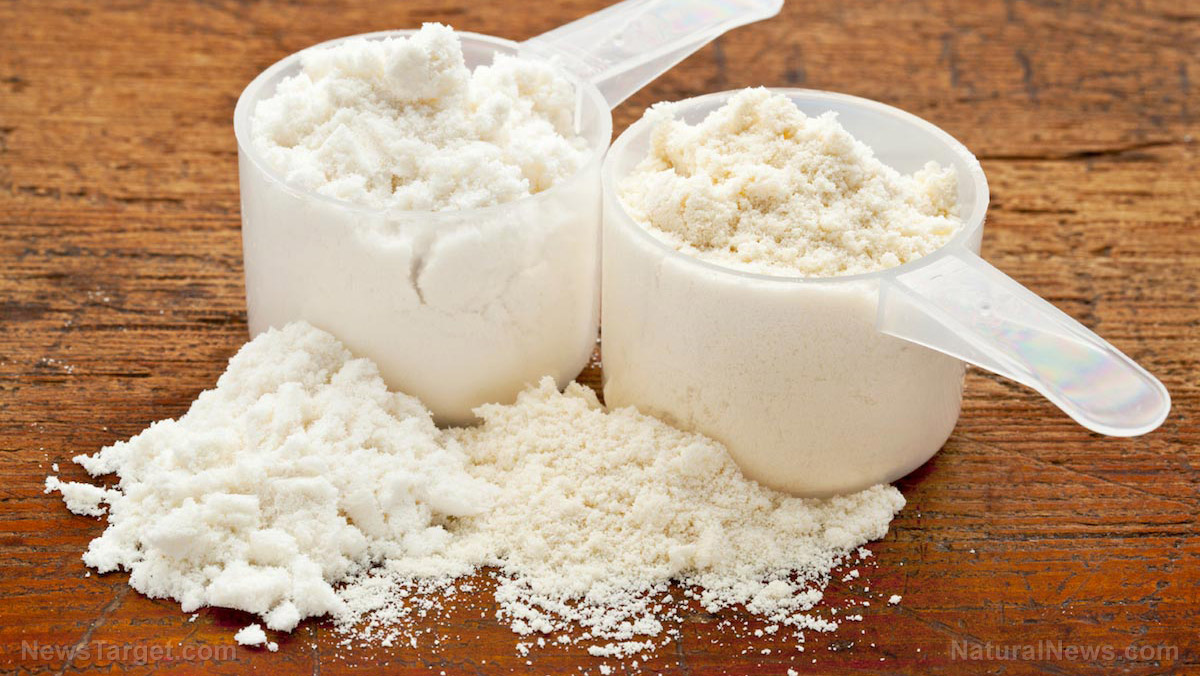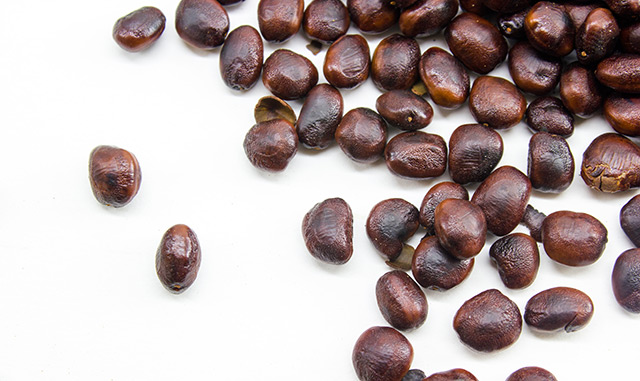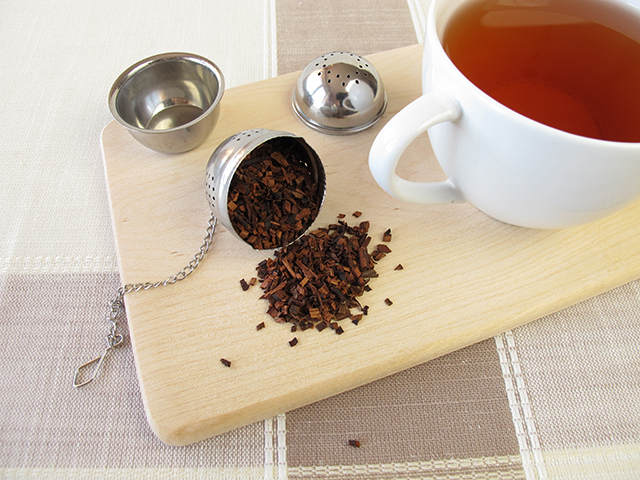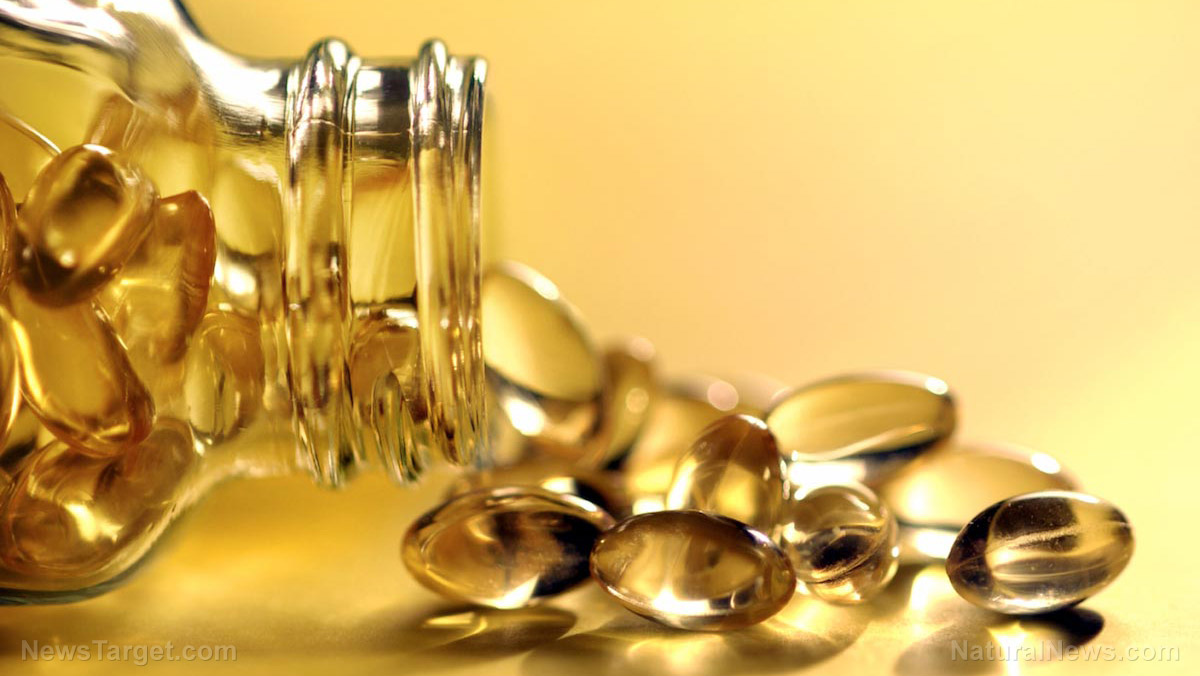6 Health benefits to make you love manuka honey (if you don’t already)
04/07/2019 / By Michelle Simmons
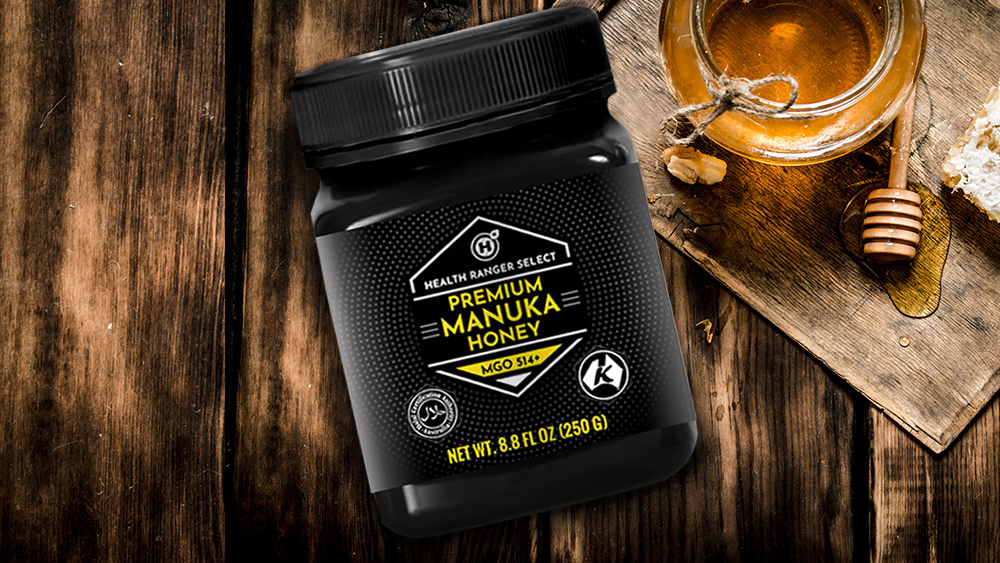
Manuka honey is a unique kind of honey from New Zealand. It comes from the manuka tree and has many therapeutic properties. These include:
- Strengthening the immune system: Having manuka honey on hand will be helpful because this powerful honey has antibacterial properties that can boost your immunity, especially during the cold and flu season. Research shows that manuka honey is effective against different types of bacteria and fungi.
- Fighting against MRSA: Manuka honey is also effective against staph infections like MRSA or Methicillin-resistant Staphylococcus aureus. Research suggests that this New Zealand honey exhibits its protective effects by interfering with the cell cycle of MRSA, inhibiting it at its source.
- Relieving sore throat: Taking a spoonful of manuka honey is a great remedy for a sore throat – even more so when there is an infection. This is because manuka honey also fights the source of infection, in addition to soothing the inflamed throat. Manuka honey contains powerful antimicrobial properties that provide the body the boost it needs to combat the infection quickly.
- Protecting against oral infections: Unlike most forms of sugar, manuka honey supports oral health. It can prevent gingivitis with its potent antibacterial properties. Research also reports that mouthwashes based on manuka honey effectively reduce plaque and gingivitis.
- Healing wounds: Manuka honey can also treat wounds and fight infection. In particular, it may help inhibit the development of Streptococcus pyogenes, which is an infection that typically occurs in wounds.
- Keeping the gut healthy: Consuming Manuka honey is beneficial to your gut, because it aids in digestion, reduces acid reflux symptoms, and fights stomach bacterial infections, such as E. coli and salmonella. A healthy gut is also important to the immune system.
How manuka honey differs from regular honey and raw honey
Manuka honey, regular honey, and raw honey differ in their origin and how they’re processed. Manuka honey is derived from manuka blossoms that only bloom between two and six weeks throughout the year. Regular honey undergoes pasteurization and filtration to kill any yeast that may be present, while raw honey is honey — made from any type of plant — that is in its natural state. This means that it has not been strained, filtered, or pasteurized.
These types of honey also differ in taste, color, and texture. Manuka honey appears darker and thicker than regular honey, which is smooth and uniform in color. The former also has a very unique, sweet flavor compared to the latter. Because raw honey is minimally processed, it often includes particles of wax, propolis, and pollen.
Things to look for when buying Manuka honey
Manuka honey is available in many health food stores. One of the things you need to look for when buying manuka honey is the Unique Manuka Factor (UMF) rating on the package, which means that it has been tested for antibacterial activity. The higher the UMF rating, the more potent the flavor and the greater the antibacterial effects. (Related: Manuka Honey: Today we’re launching a glyphosate-tested, laboratory-verified, high-potency premium raw Manuka Honey for health, first aid and preparedness.)
Other things to consider are the K factor and MGO. The K factor indicates the purity of the honey and its antioxidants and enzymes, while the MGO measures methylglyoxal, which indicates the unique antibacterial properties of Manuka honey. Like the UMF rating, the more MGO, the better.
Read more news stories and studies on the health benefits of manuka honey by going to Bees.news.
Sources include:
Tagged Under:

